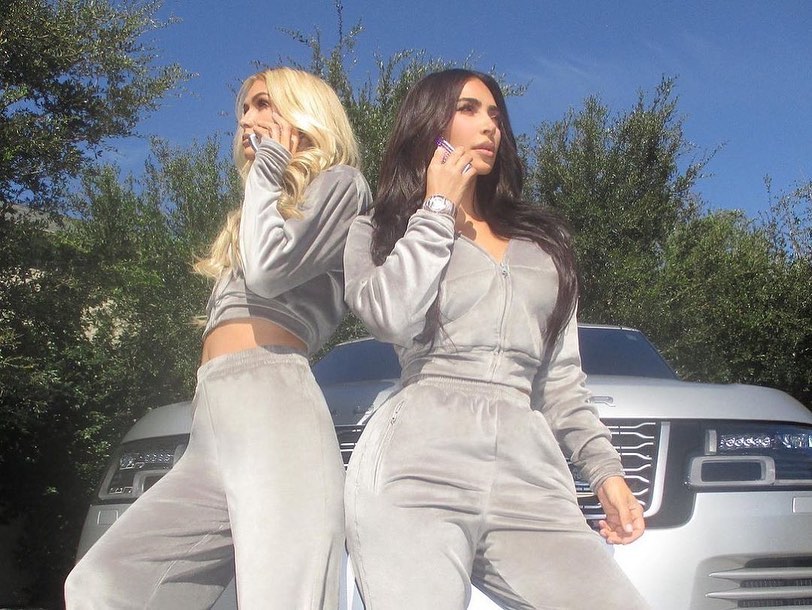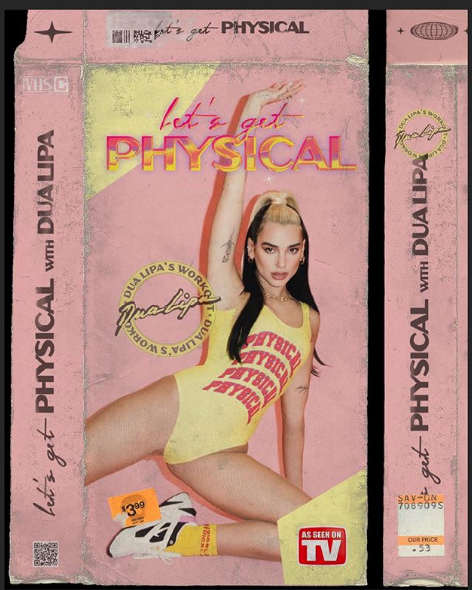ADVERTISEMENT
NEWS
Me Three
Sam Robeson - October 18, 2017
Now that the Ice Bucket Challenge is long gone, there's a new cause blazing across social media, and this time you don't even have to get doused in water to get involved. Simply update your status to include #MeToo and share the story of the time a bartender smiled at you a little too intensely. "You think rape victims have it bad, you should see the way that bartender squirted the lime into my gin and tonic. He was picturing my vagina. I was lime raped. The worst kind." If someone actually updated with that status I might like them.
The intense media coverage of the Harvey Weinstein sexual assault scandal has left those not in Hollywood's elite molestation circles feeling angry and without a voice, and there's no better place to insert yourself into a dialogue that may or may not pertain to you than social media. Its founding principle. Basically, Facebook, Twitter, and Instagram users are being encouraged to bolster sexual assault awareness by including #MeToo with any and all experiences tangentially associated with touching or eye contact with another human. Or a large mammal really. Hell even lampposts can be a little come hither. Alyssa Milano got the ball rolling by tweeting "If you’ve been sexually harassed or assaulted write ‘me too’ as a reply to this tweet." This meme is construed as solidarity for those looking for a piece of the action, but could feel more like dilution for those who were actually suffocated under Weinstein's greased up fat folds. But why should only a select few get all the attention? Rape for everyone.
In addition to the #MeToo meme coming across more like #MeMeMeMe, the overall idea of enacting social change with a tweet that someone fired off while taking a dump could potentially be critically examined. Wired points to the writing of Molly Crockett, a Yale professor who studies "values-based decision-making in humans" and who probably didn't major in turd tweets. She basically claims that those who strictly get involved with a cause through an online presence are shameless ho bags:
While offline punishment signals your virtue only to whoever might be watching, doing so online instantly advertises your character to your entire social network and beyond.
And that the sweet release of anger through social media can actually hinder real change in the real physical world where we all really live:
Just as a habitual snacker eats without feeling hungry, a habitual online shamer might express outrage without actually feeling outraged. People are less likely to spend money on punishing unfairness when they are given the opportunity to express their outrage via written messages instead.
And quantifying popularity with emoji reactions seemed like such a step forward for humanity at the time. I just hope I can get in on the next Internet craze. Or maybe I'll get lucky and the Starbucks barista will draw a penis on my coffee cup over my lunch break. Then I'll know what it's like.
Me too..
I've been sexually harassed by a teacher , unwanted touches
In street people harass me with sexual words , looks and touches— H. (@HanaGamalxx) October 17, 2017
Me too. As a bartender I have experienced uncomfortable grounds.
— Nat Keza (@NatKeza) October 16, 2017
Thankfully my experience doesn’t go past cat-calling and unwanted comments. But to those who have suffered for far too long:
Me too.— ana lorena (@lolenita10) October 17, 2017
Me too.
Me & pretty much every other woman who has ever taken public transportation or been in a crowded place in... https://t.co/NNLQzCf4p7— Wafa Hakim Orman (@wafa1024) October 17, 2017
Photo Credit: Getty Images
Session expired
Please log in again. The login page will open in a new tab. After logging in you can close it and return to this page.



